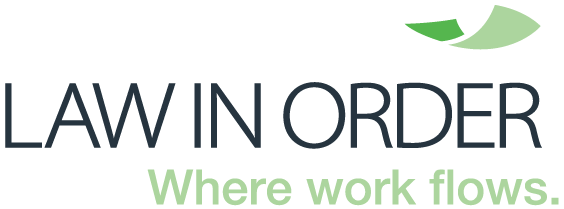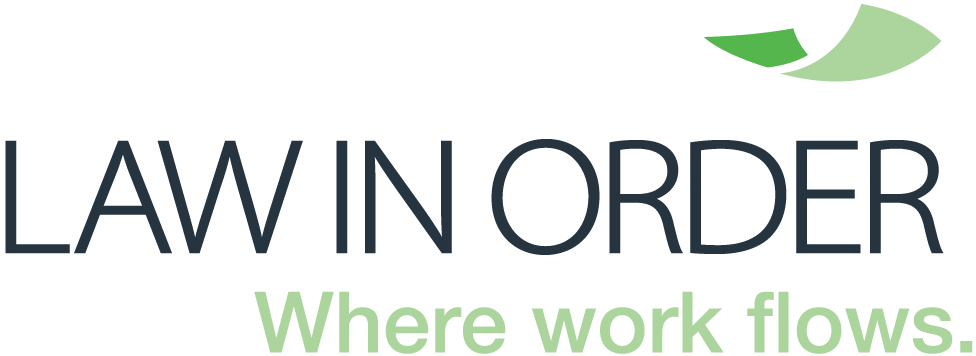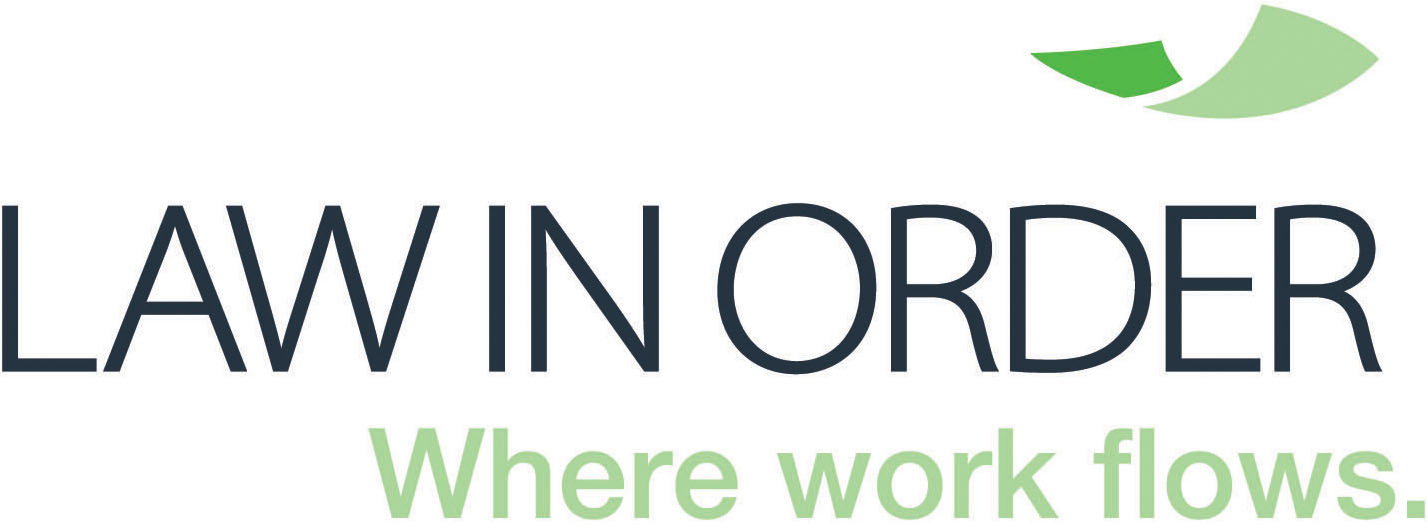 Law in Order’s Head of Forensics – Erick Gunawan, discusses the Role of Corporate Counsel in the context of litigation or investigation and the increasing importance of information governance.
Law in Order’s Head of Forensics – Erick Gunawan, discusses the Role of Corporate Counsel in the context of litigation or investigation and the increasing importance of information governance.
The Role of Corporate Counsel
Corporate clients are increasingly aware of how new technologies can ease litigation costs, including tools that minimise document review timeframes. Instead of junior lawyers racking up billable hours manually reviewing documents, corporate clients are asking law firms for innovation around document reviews. Consequently, law firms are taking on risk, developing new tools and hiring innovation managers to incorporate technology for these processes.
Corporate counsels are increasingly focused on legal operations rather than providing legal advice. They are working with other business units on compliance and sometimes project manage the whole data collection and document review.
Due to cost, corporate counsels now have greater scope and responsibility, and need to be agile in their legal advice as well as understanding legal operations and identifying risk and threat.
When Litigation or Investigation Hits
Most corporate counsels work reactively, but increasingly, are becoming more preventative. For example, in eDiscovery where email servers may have held three months of data, they are now backing up one year of emails and setting up a process to know where all the data sits. So when litigation hits, corporate counsels can utilise this information to identify and collect all potentially relevant data fast.
For a Royal Commission, when the notice comes out, timelines are strict for producing documents. There are many data sources such as hard documents or emails or just old records. There may be an online portal for customer complaints. Everything relevant must be collected. For large companies like banks, there are numerous data repositories in which early analysis needs to be conducted. Corporate counsel will need to drive the identification of relevant data by sending out questionnaires or interviewing employees or business units. Data preservation notices may need to be issued to ensure all potentially relevant data is not destroyed/purged. This identification phase is often the most critical to ensure counsel is not over collecting unnecessary data and that potentially critical evidence isn’t missed.
How does an organisaton prepare for impending litigation or just get their organisational health in order?
One step is data scope mapping. For example, if the financial systems changed in 2015, then it is important to know where the back-ups of the old system are stored and if there were any issues during the migration which might have caused data loss or corruption.
Early Case Assessment (ECA) is important for discovery and litigation, particularly with large data sets, to prescreen the data for relevance and see how the team will leverage analytics and technology.
For large reviews, it’s possible to scale up quickly with managed document review teams using the Electronic Discovery Reference (EDRM) model. The EDRM model sets out the steps for a litigation or investigation to present relevant data to the court.
The Role of Information Governance
Applying the EDRM workflow, the team starts with data governance and then moves to review or investigation. The data volume decreases during the process as more relevant data is found.
If engaging law firms, they need to be briefed of all potentially relevant data, having then performed an ECA to decide on litigation or settlement. Australia is starting to embrace governance. It is really about setting up processes to ensure the organisation knows where everything is and the data governance protocols are enforced. Many organisations now have an information governance officer either in their IT, legal or risk team. More corporations are investing to ensure their data is compliant with local law and is preserved or destroyed accordingly.
The quality of information governance protocols significantly impact on the time and cost associated with document review. Ultimately, information governance is an investment with long term benefits.
_________________________________________
By Erick Gunawan
E: erick.gunawan@lawinorder.com
W: www.lawinorder.com.sg
_________________________

3 Phillip Street, #17-01, Royal Group Building, Singapore 048693
T: (65) 6714 6655
E: singapore@lawinorder.com
W: www.lawinorder.com.sg
Unit 901, 9/F, Beautiful Group Tower, 74-77 Connaught Road Central, Sheung Wan, Hong Kong
T: (852) 5803 0000
E: hongkong@lawinorder.com
W: www.lawinorder.com.hk
























 Law In Order
Law In Order Julian McGrath
Julian McGrath



